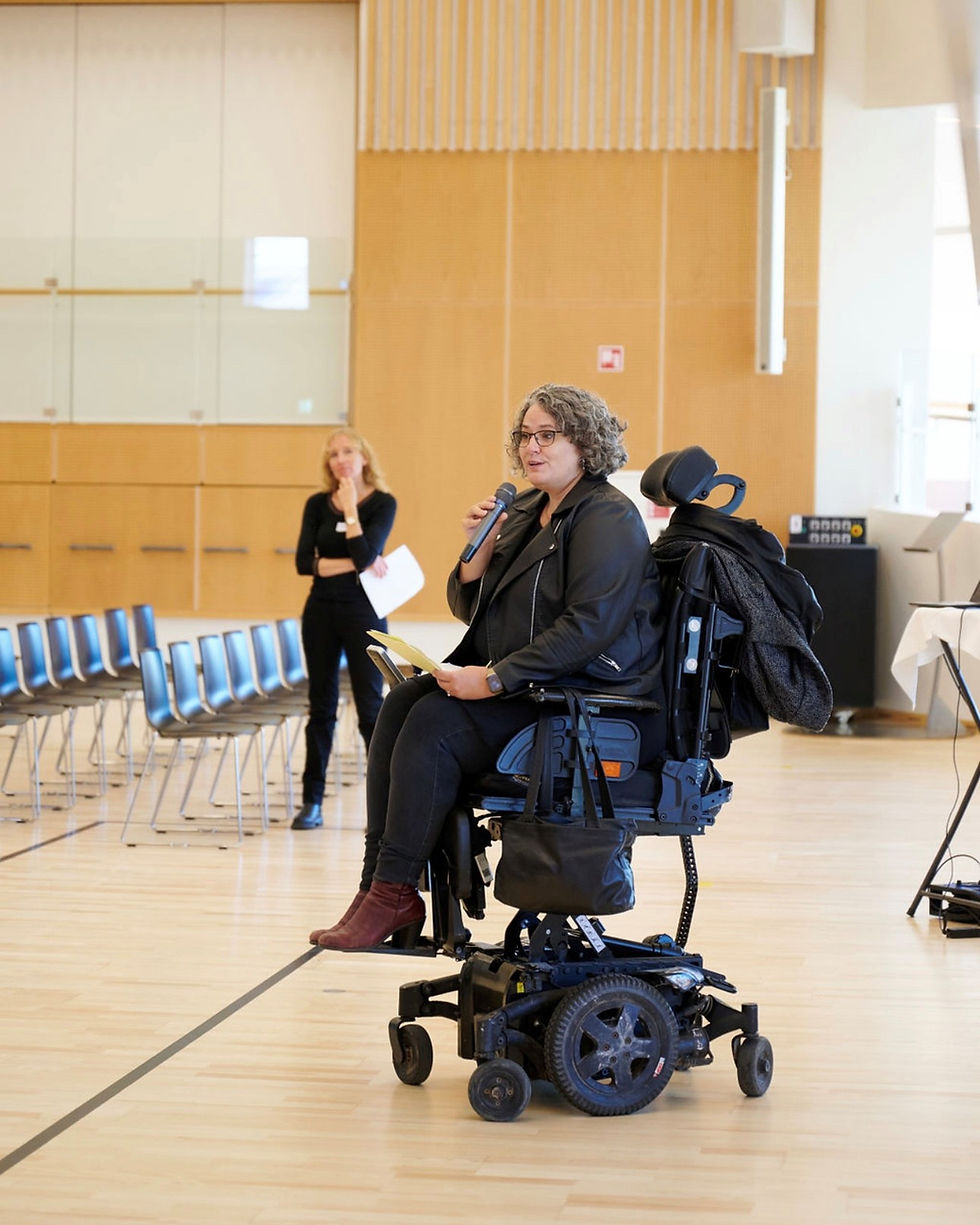Voice of the minorities
- The International
- Jul 2, 2021
- 3 min read

Photograph: iStock
Text: Narcis George Matache
In a modern democracy, society creates mechanisms to protect the minorities against the abuse of the majority. One such mechanism is the Integration Council, an advisory body established by the Local Council to ensure that the voice of the minorities is included in the local legislative process. Of course, an even stronger voice would be someone from the minorities elected in the Local Council. However, as you can count on your fingers the number of elected officials from among the minorities, the Integration Council is the next best thing.
Unfortunately, only 45 municipalities out of 98 have established Integration Councils. You might say that there aren’t minorities in every municipality - I will say that isn’t possible. More than 10% of the population in Denmark is made up of minorities. A look at the demographic map will convince you that we are evenly spread across Denmark.
"If there is no integration council in your municipality, volunteer as an integration representative of the municipality."
The current times for minorities are not the best. The majority made it more difficult to officially join Denmark through citizenship; they started imposing rules and conditions borderline to social control; then there is deportation, and the list continues. Why is this happening? The checks and balances between the majority and minorities have weakened, allowing the majority to become bolder in their decisions.
It’s time to rebalance the scales of power. It’s time to help the existing institutions function at optimum parameters to level the playing field. It’s time to get involved and ensure that we have functional Integration Councils in all 98 municipalities.
Representation within the integration field
Three institutions influence and follow developments in the area of integration.
Council for Ethnic Minorities (Rådet for Etniske Minoriteter – REM): Advisory body for the Ministry of Integration on refugees, immigrants, and integration issues. The council has 14 members (5 appointed by the Minister of Integration; 5 elected at the General Assembly of Integration Representatives and 4 appointed by local councils in Copenhagen, Aalborg, Aarhus and Odense) and meets four times a year. They are included within the consultation rounds (høringsrunder) on new laws, to give the minority perspective. They are also tasked with presenting a nuanced image of ethnic minorities in the Danish media and promotion of an inclusive society. They focus currently on democratic participation, employment of ethnic women, poverty, negative social control and ghetto areas.
General Assembly of Integration Representatives (Repræsentantskabet): Once a year, integration representatives appointed by integration councils or local councils (where there is no integration council) from all the municipalities in Denmark gather together to elect the five members of the Council of Ethnic Minorities and set the general guidelines of the integration agenda.
Integration Council (Integrationsrådet): Advisory body for the local council on local integration efforts and voice of the ethnic minorities within the local legislative process. According to the Integration law, local councils can establish integration councils by appointing a minimum of seven representatives of ethnic minorities. The election method is decided by the local council. The council meets four times a year.
How can you influence integration politics?
Contact your local integration council and let them know about the issues you are facing as a non-Dane. To find out if your municipality has one, visit: https://rem.dk/netvaerk/integrationsrad
Become part of the local integration council – From January 2022 a new 4-year mandate begins. Write to the secretariat of the integration council to ask about election procedures.
If there is no integration council in your municipality, write to a local council member to establish one. In the meantime, volunteer as an integration representative of the municipality.









